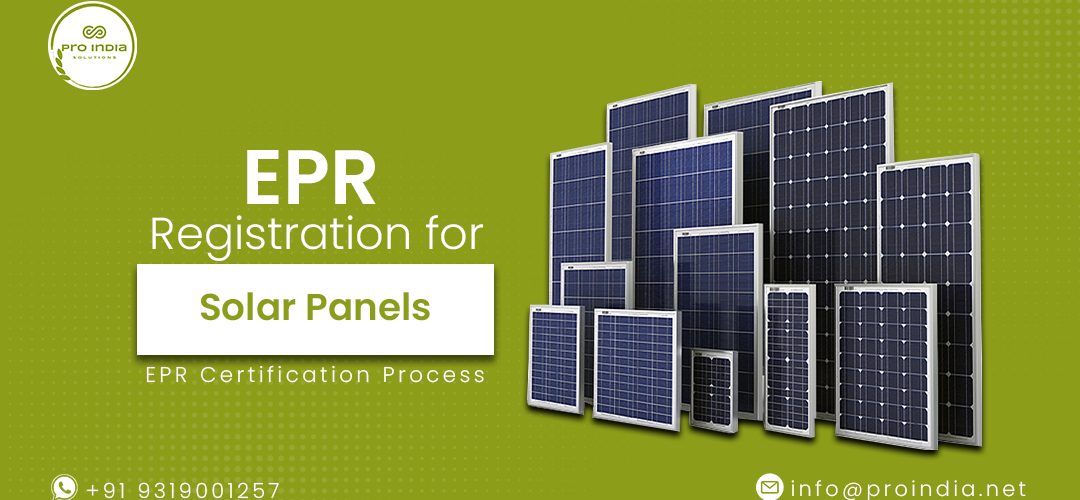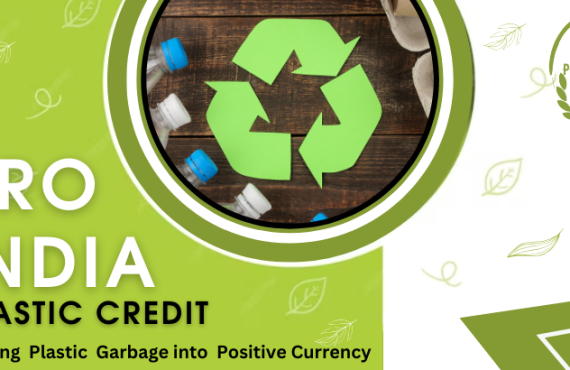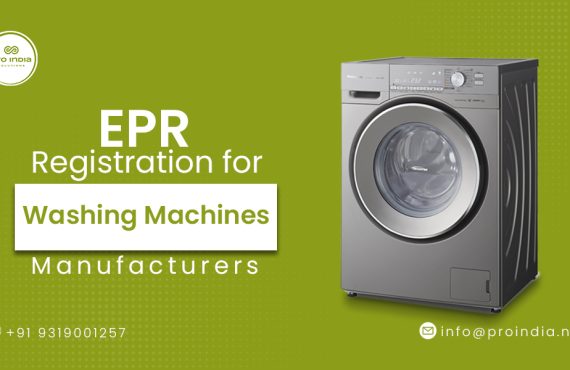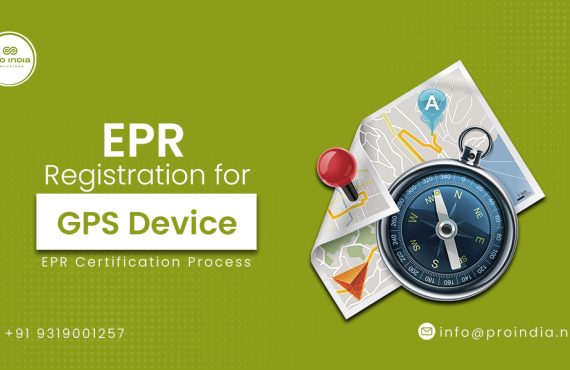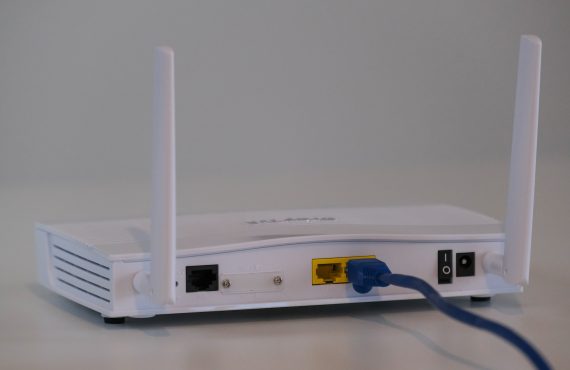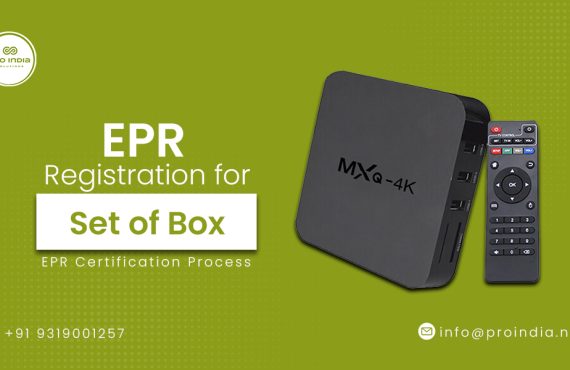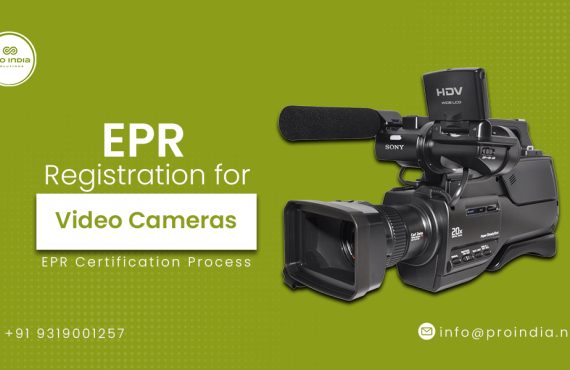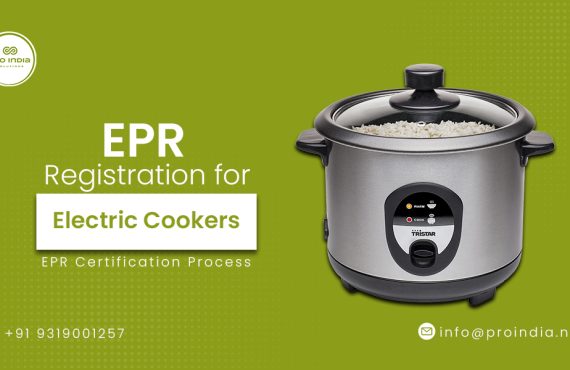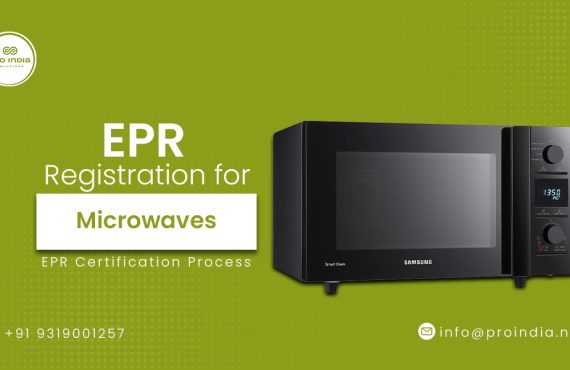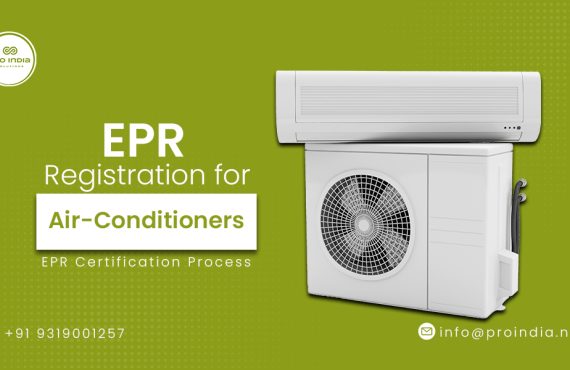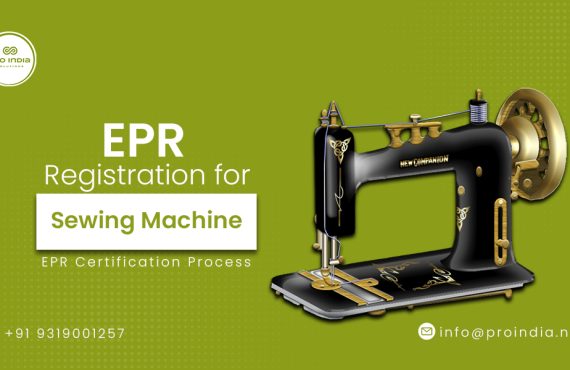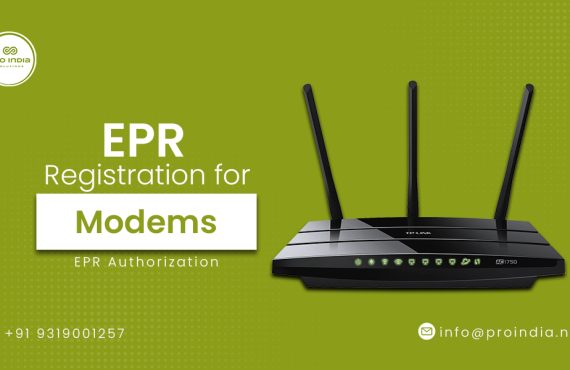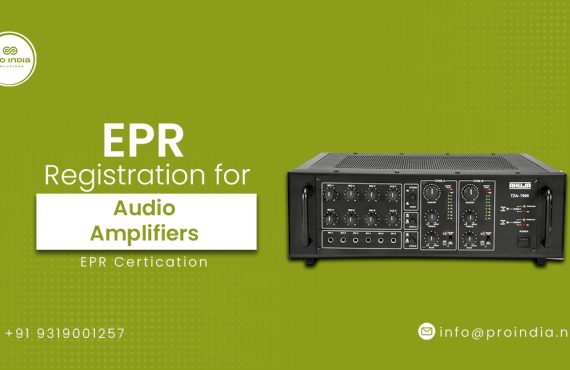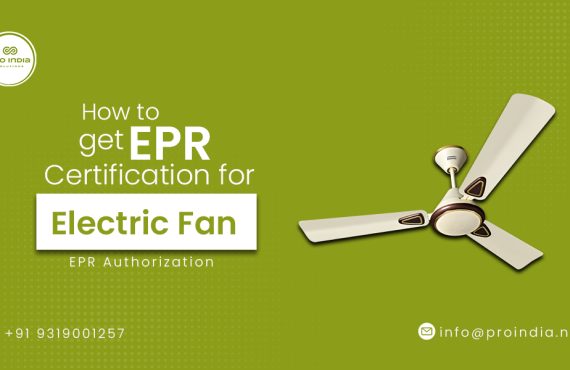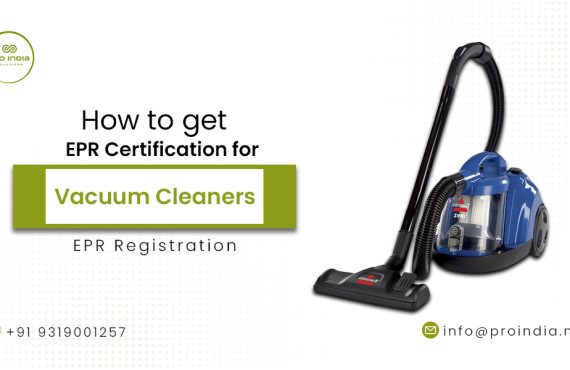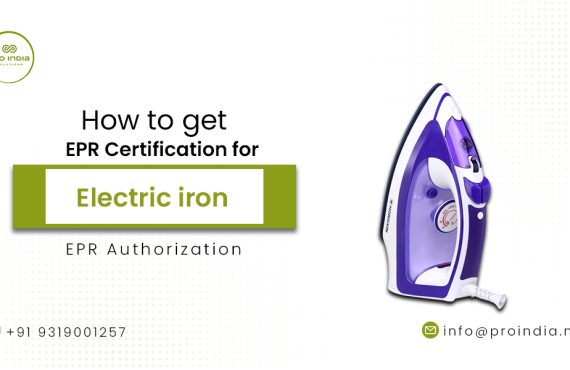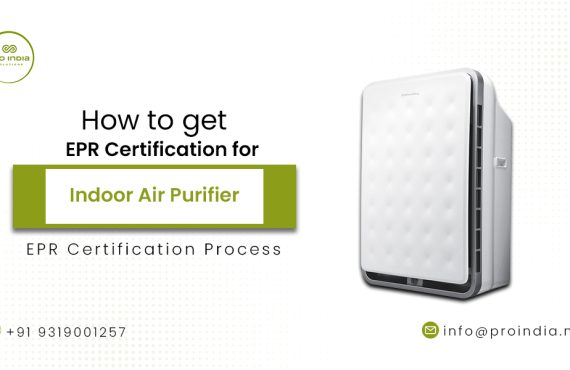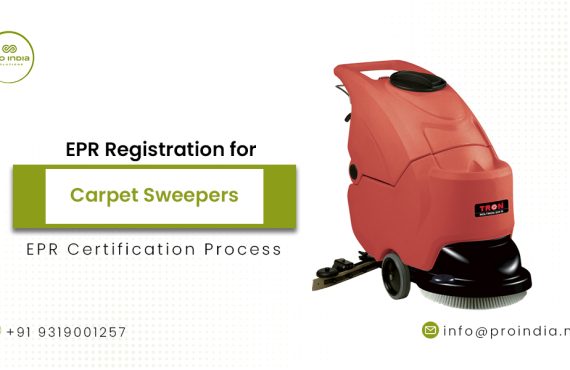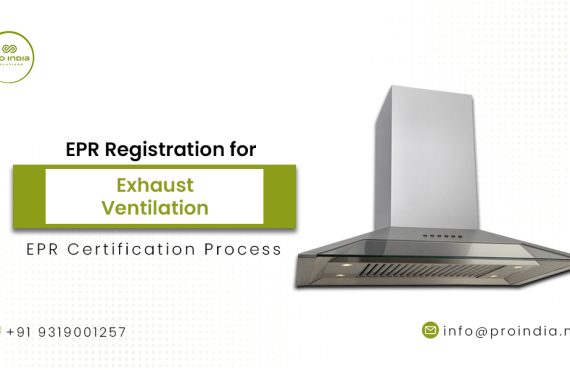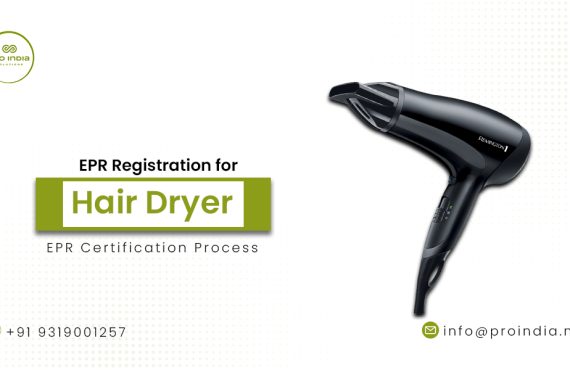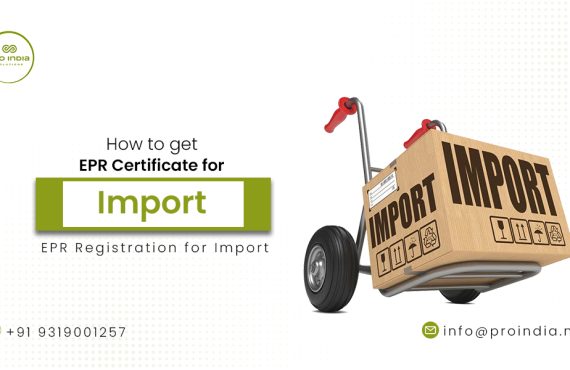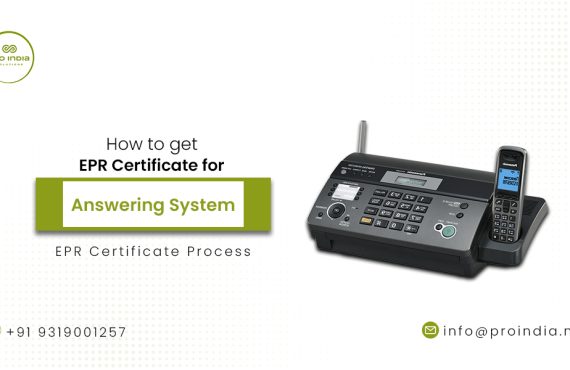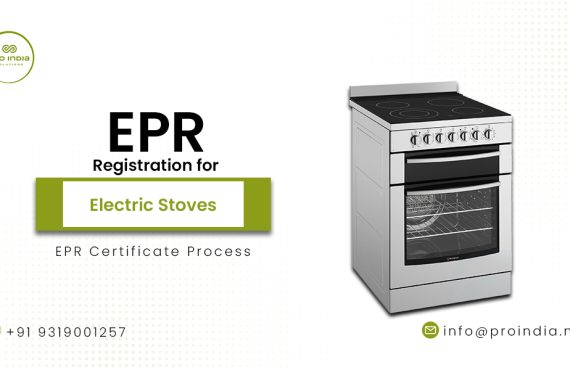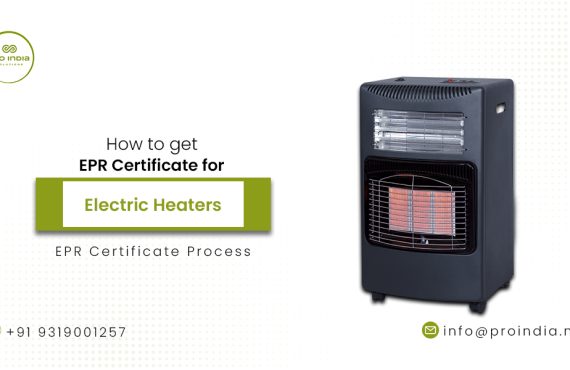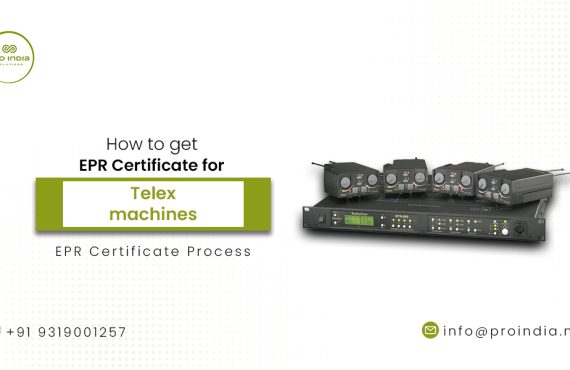Welcome to our comprehensive guide on obtaining an EPR (Extended Producer Responsibility) certificate for solar panels. As the demand for renewable energy continues to grow, it is crucial to ensure the responsible disposal and recycling of solar panels at the end of their life cycle. In this article, we will provide you with a detailed step-by-step process, including the time and cost considerations, involved in obtaining an EPR certificate for your solar panels.
Step 1: Research EPR-certified Recyclers
– Conduct thorough research to identify reputable recyclers specializing in solar panel recycling with EPR certifications.
– Consider factors such as their certifications, accreditations, experience, and customer feedback.
– Allocate sufficient time for research, which may vary depending on your location and the availability of certified recyclers.
Step 2: Contact the Recycler
– Reach out to the identified recyclers to initiate the EPR certification process for your solar panels.
– Inquire about their EPR certification process, including estimated time frames and associated costs.
– Discuss any specific requirements or concerns you may have regarding the recycling of your solar panels.
– Allocate time for communication and coordination with the recycler, as it may vary depending on their responsiveness and availability.
Step 3: Prepare Your Solar Panels for Recycling
– Follow the manufacturer’s guidelines and relevant safety procedures to disconnect the panels from the electrical system.
– Safely remove any non-recyclable components, such as junction boxes or wiring.
– Clean the panels to facilitate the recycling process and optimize their recovery potential.
– Allocate time for the preparation phase, considering factors such as the number of panels and any specific requirements from the recycler.
Step 4: EPR Certification Documentation
– Familiarize yourself with the required documentation for obtaining an EPR certificate.
– Gather all the necessary compliance forms, certificates, and recycling reports.
– Review the documentation requirements, ensuring accuracy and compliance with relevant regulations and standards.
– Allocate time for completing the paperwork, considering your familiarity with the process and the complexity of the documentation.
Step 5: Packaging and Shipping
– Package your solar panels securely to protect them during transportation to the recycler.
– Use appropriate materials and techniques to prevent damage.
– Select a reliable shipping method that offers tracking capabilities to monitor the progress and ensure safe delivery.
– Consider factors such as distance, shipping duration, and the chosen carrier when allocating time for packaging and shipping.
Step 6: Tracking and Confirmation
– Track the progress of your solar panels’ recycling journey to maintain transparency and ensure responsible handling.
– Stay informed about the shipping status through tracking information provided by the carrier.
– Follow up with the recycler to monitor the recycling process and inquire about the completion timeline.
– Request confirmation and proof of EPR certification from the recycler.
– Allocate time for the confirmation process, considering the recycler’s internal processes and the time required to receive the necessary documentation.
Conclusion:
Obtaining an EPR certificate for your solar panels involves several important steps, including research, communication with recyclers, preparation, documentation, packaging, and shipping. Time and cost considerations vary depending on factors such as the scale of the project, location, and the efficiency of communication with the recycler. By following this comprehensive step-by-step guide, you can navigate the EPR certification process successfully and contribute to a cleaner and greener world.
If you require further assistance or guidance in obtaining an EPR certificate for your solar panels, do not hesitate to contact our experts. They will be happy to assist you throughout the certification process, ensuring your panels are recycled responsibly and contributing to a sustainable future.
contact our experts now to meet your compliance requirements.


